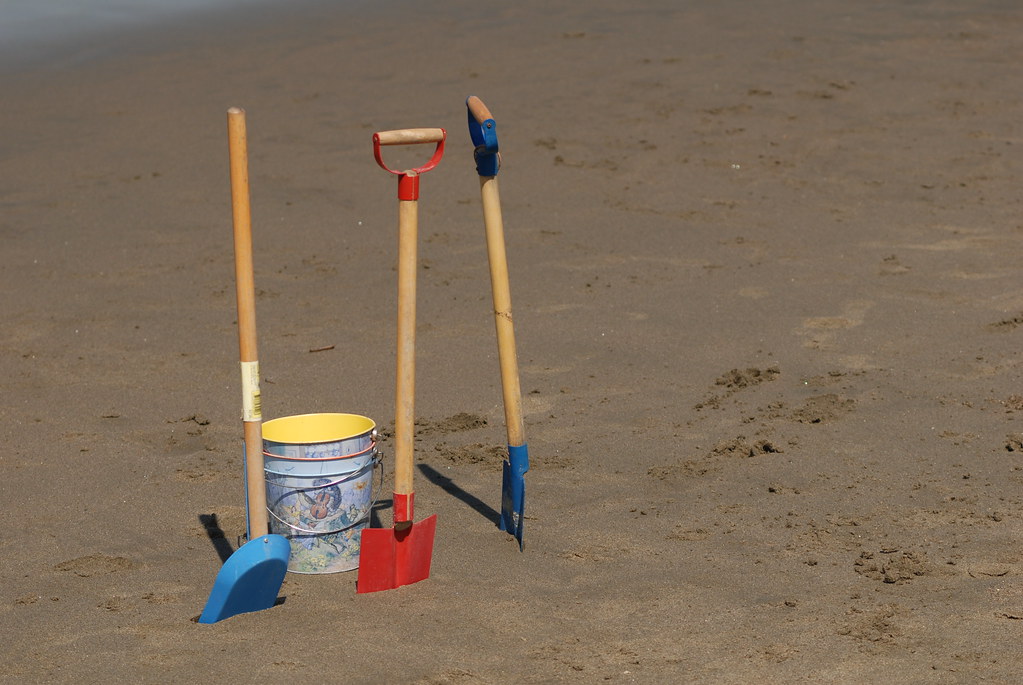In preparation for Agaric's migration training at DrupalCon Seattle, we've seen again that getting a development environment suitable for working on Drupal 8 with Composer is a big road block. For that reason, here are instructions for getting it all going, suitable for our training or for working on Drupal in a code sprint, with only one hard requirement: PHP.

Getting a local development going is a problem for everyone, including programmers and people who should be skilled at this. Vagrant and DrupalVM were created to make identical development environments work on any computer. Unfortunately, that's more a pipe dream than a promise, as our own experiences and support requests we've received can attest,
Docker is another attempt to make local development match production environments, and a newer generation of Drupal-adjacent development workflow tools, such as DDEV, Lando, Docksal, and Humpback, build on it. Using an online development environment is also an option, but has too much reliance on working WiFi for conference situations.
The goal is any Drupal development environment—any of the above or anything else—where you can go to your project root directory in a terminal and type, say, composer update and have If you don't have a local development environment of any kind, here is the minimalist approach. All the steps start with opening your terminal.
